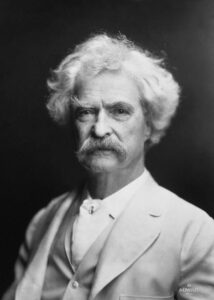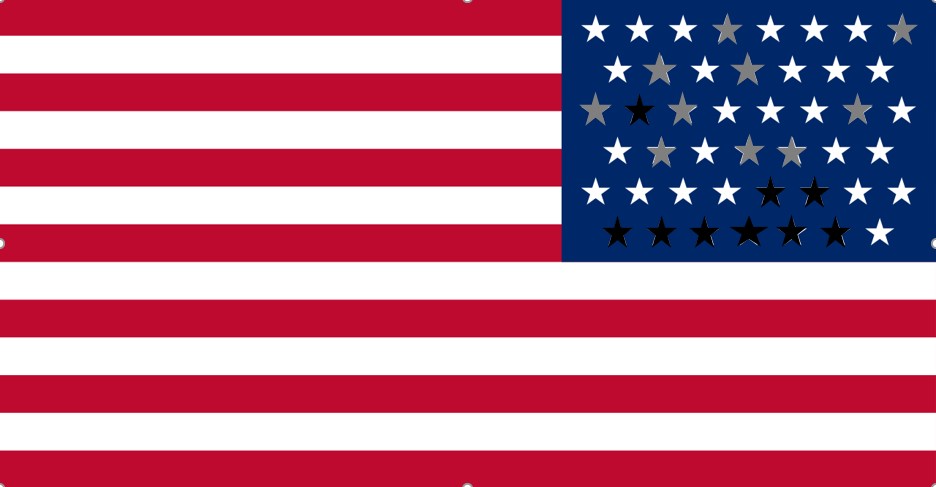Samuel L. Clemens, using the pen name “Mark Twain,” publishes “An Anti-Imperialist,” in the New York (City) Herald:
I left these shores, at Vancouver, a red-hot imperialist. I wanted the American eagle to go screaming into the Pacific. It seemed tiresome and tame for it to content itself with he Rockies. Why not spread its wings over the Phillippines [sic], I asked myself? And I thought it would be a real good thing to do.
I said to myself, here are a people who have suffered for three centuries. We can make them as free as ourselves, give them a government and country [nation] of their own, put a miniature of the American constitution afloat in the Pacific, start a brand new republic to take its place among the free nations of the world. It seemed to me a great task to which had addressed ourselves.
But I have thought some more, since then, and I have read carefully the treaty of Paris, and I have seen that we do not intend to free, but to subjugate the people of the Phillippines (sic). We have gone there to conquer, not to redeem. … It should, it seems to me, be our pleasure and duty to make those people free, and let them deal with their own domestic questions in their own way. And so I am an anti-imperialist. I am opposed to having the eagle put its talons on any other land.
NOTE: Although Twain uses the word “country” here, the editors believe that he meant to use the word “nation,” in which a central government, with almost limitless power, treats its constituent states as mere enclaves, provinces, or sub-divisions of its greater self; as opposed to “Union,” which is a union of sovereign States under a federal system, with a central government whose powers are strictly limited by a respected constitution.
[restored 3/30/2025]
Subsequent Events:
Authority:
Article I of Amendment
ccc-2point0.com/constitution-for-the-united-states
References:
Anti-Imperialist Homecoming – The Atlantic
www.theatlantic.com/magazine/archive/1992/04/anti-imperialist-homecoming/668785/


